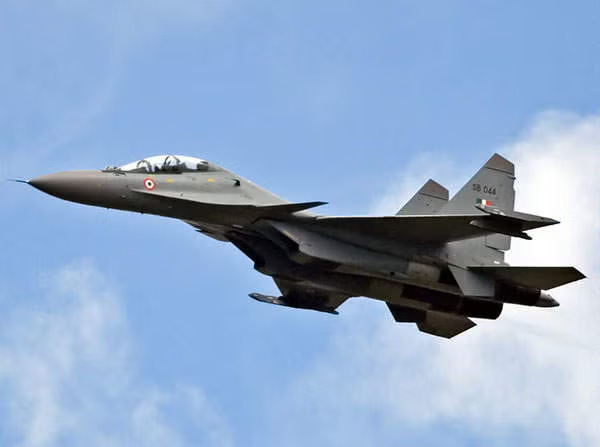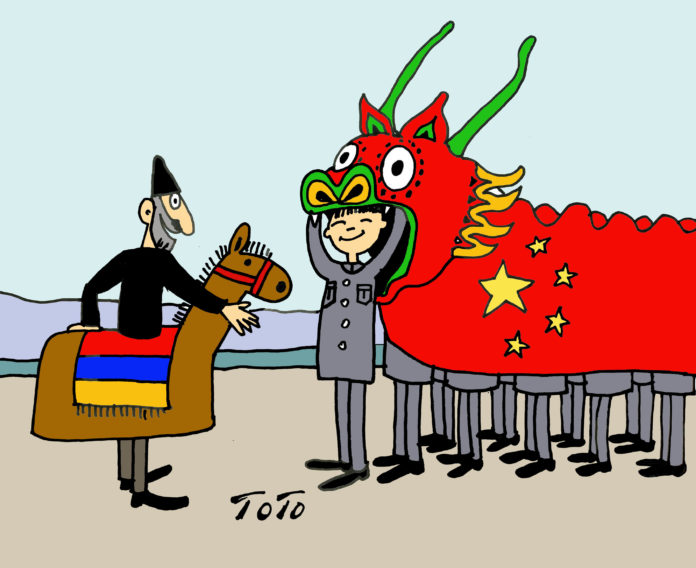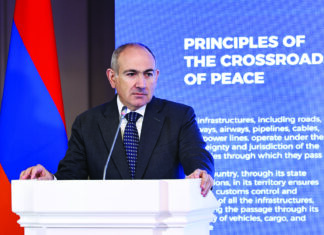The strategic balance in the Caucasus is undergoing a rapid transformation. Russia is viewed by the West as a shrinking power and that is why NATO and the US have ensnared Georgia, moving it away from Russia’s grip. Turkey seems to be a proxy for the West to fill in the perceived power vacuum in the Caucasus. On the other hand, Russia and China have been intensifying their cooperation.
Iran is about to sign a $400-billion megapact with China, frustrated by the sanctions imposed on it by the West.
There are forces in Iran willing to improve relations with the West, among them President Hassan Rouhani.
As odd as it may seem, President Trump’s intolerant attitude towards Iran is playing into the hands of domestic conservatives to escalate tensions and push Iran into the Russo-Chinese embrace. There is little hope that the US elections would shift the balance, even if Joe Biden were elected president.
Armenia has been caught in these transforming shifts of policies, when particularly, Turkey has become the antagonizing factor in Karabakh, replacing Azerbaijan. Ankara, in addition to its traditional animosity toward Armenia, has its grand plans to deliver the Caucasus to the West, all the while pursuing designs of Ottomanism, which look beyond Armenia, towards Central Asia. This in turn irritates Moscow and Beijing, simultaneously.
The Velvet Revolution only had a domestic agenda but some elements who were in lock-step with Prime Minister Nikol Pashinyan’s My Step party had an alternative agenda in mind and they have continued to pursue it, despite the pandemic and the internal turmoil; that agenda aims to oust Russia from Armenia and the Caucasus.






